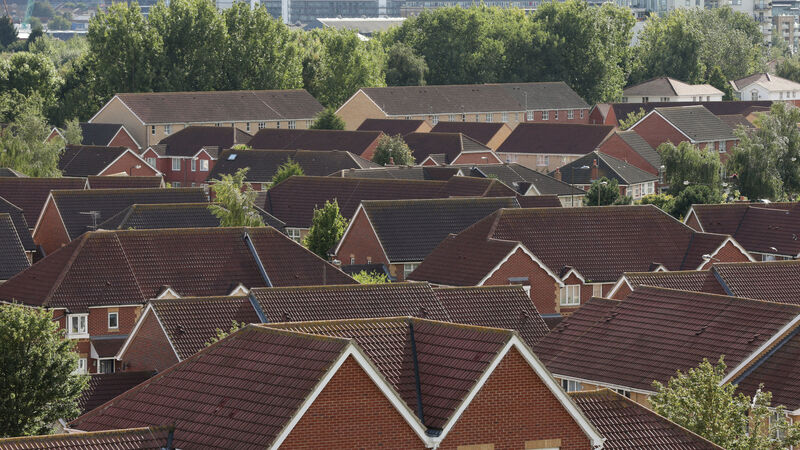ESRI: State should 'regulate land' prices to drive down the cost of housing

The Economic and Social Research Institute, or ESRI, suggested that policymakers use a body, such as the Land Development Agency, to acquire and regulate the use of land for the building of homes.
The Government has been warned by an economic think tank to introduce a land management strategy to drive down the cost of housing and prevent “hoarding”.
The Economic and Social Research Institute, or ESRI, suggested that policymakers use a body, such as the Land Development Agency, to acquire and regulate the use of land for the building of homes.














